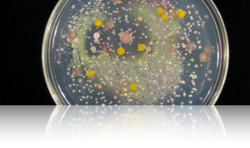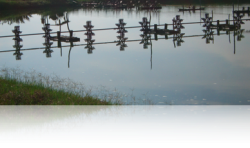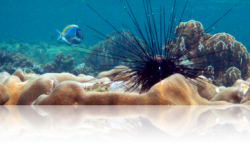Microbial Ecology and Engineering
We study how microbes interact with their environments in natural and engineered settings. Our goal is to leverage a fundamental understanding of the activities of microbial systems to promote the sustainable management of environmental resources. Our specific projects include investigating microbial activity in subsurface environments during geologic sequestration of carbon dioxide, determining how interactions with microbes controls the balance between health and disease in reef-building corals and hexacorals, and investigating the ecological significance and regulation of bacterial virulence factors and toxins. Our approach is multidisciplinary- molecular (quantitative PCR, sequencing), genetic (cloning, mutagenesis), and computational (genomics, transcriptomics, phylogenetics). Understanding how microbial populations interact to mediate activities such as virulence and biogeochemical cycling will improve our ability to model the activities of microbes in the environment, monitor their impact on human and ecosystem health, and to design remediation and disease prevention strategies.



